

Opposition Leader Mark Golding says the influential Private Sector Organisation of Jamaica (PSOJ) may have been “misguided” in throwing its support behind the Government’s “unconstitutional” states of public emergency (SOEs).
Golding, responding to questions posed by Our Today at a People’s National Party (PNP) press conference on Friday (November 26), declared he does not share the same convictions as the PSOJ.
The body, in a statement yesterday, said it supported SOEs as a “stop-gap measure” in reducing the incidence of violent crime across Jamaica.
“Our position is that the states of emergency’s prolonged use, as a routine crime-fighting tool, is unconstitutional. That’s how we understand the [Jamaican] Constitution and we are supported in that view by what the judge said in that habeas corpus application that came before the [Supreme] Court in 2020, which the Government is appealing,” he began.
“We don’t think that it’s necessary to use [SOEs] as a stop-gap measure either. The Zones of Special Operations legislation exists for that. It gives enhanced powers of cooperation between the soldiers and police, without suspending the basic human rights of our people,” Golding added.
He told Our Today that, if vital to the fight against crime, the Opposition would fully support the utilisation of ZOSOs in hotspot areas to bring calm to those locations. This approach would also pave the way for Government to initiate social investment, social intervention and rehabilitation programmes in the targeted communities, thereby incentivising a rejection of criminality among at-risk youth.
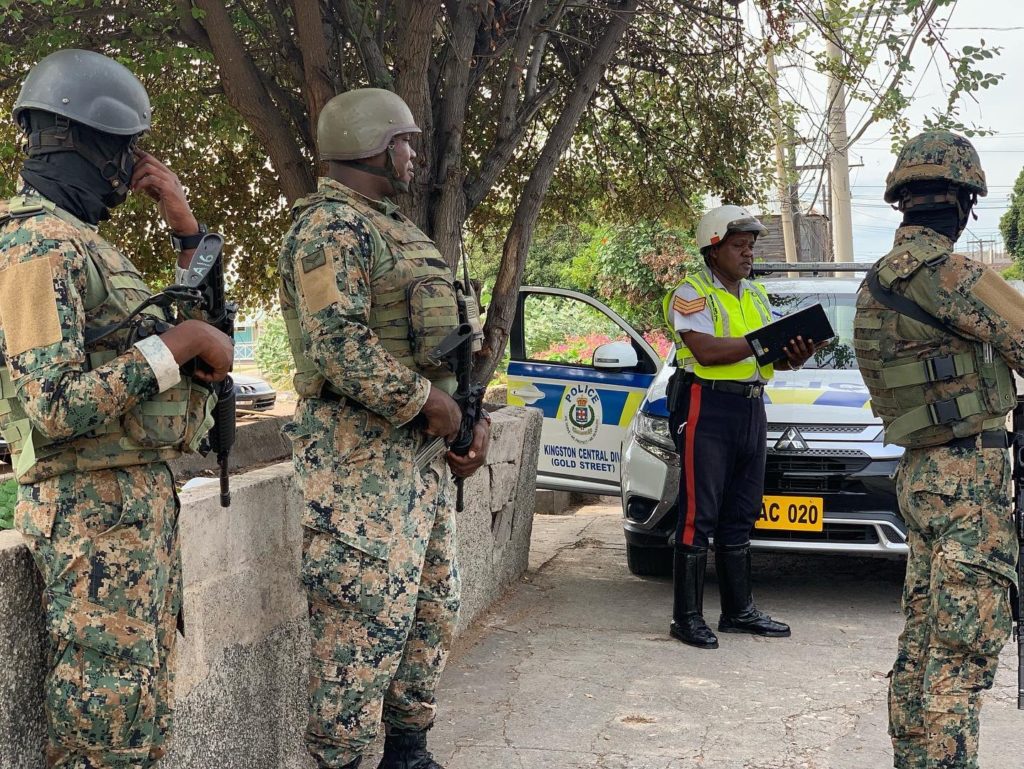
“That is the route we would prefer to see. Now, there may be budgetary constraints on how much social investment can be afforded at a particular point in time, but that must be sequenced over whatever period is affordable, and it should be prioritised. National security is the most important issue facing the country at this time,” the opposition leader said.
“We are very much in favour of using tactical approaches that address the issues; we feel the PSOJ is misguided on that position, but we support the idea of a firm response that involves both the military and the police being deployed in areas where there are hotspots,” he told Our Today.
Golding elaborated further that where the Opposition differs from the Government sees the PNP refusing to share the belief SOEs are the “appropriate tool” to achieve this.
“It degrades that very critical mechanism in the Constitution, which is really supposed to be [that SOEs are] the last resort to protect the State from being overthrown—that is what it is used for,” he explained.
“When you use it for years on end, not prosecuting the violent criminals, not finding any guns or ammunition; you’re just keeping the place locked down, scraping up a lot of young men [who] have their prospects blighted is no way to solve the problem. It is creating more problems. This is why we think it is an important time for the Opposition to assert itself, do its constitutional duty and draw a line in the sand. We are willing and able to cooperate with the Government and provide them with the benefit of our skills, expertise and ideas,” the PNP leader remarked.
Golding called on Prime Minister Andrew Holness to facilitate the Opposition’s willingness by resuming bipartisan Vale Royal talks.
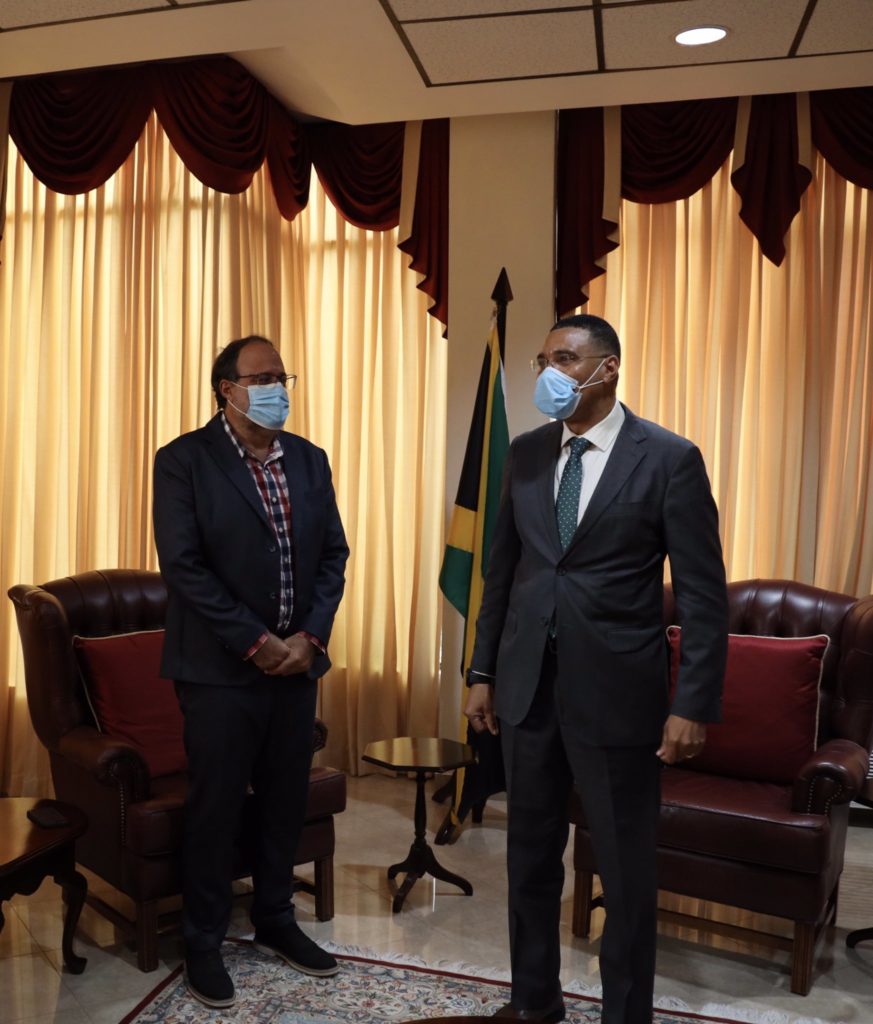
“What we will not do is ignore the oath we have sworn and go down the road with the Government using states of emergency as if [they are] no big deal; it is just another tool in the toolkit for fighting crime. That is not the case. That is a dangerous way of proceeding and we will not be party to it,” Golding asserted.
The PSOJ, in its argument on Thursday, appealed for a sustainable reduction in crime, as Jamaica has been reeling under a homicide epidemic for over two decades.
According to the PSOJ, the country has not “approached violent crime prevention and reduction in a comprehensive and wholistic (sic) manner”—leaving much of the burden on the Jamaica Constabulary Force (JCF).
See statement in full below:
“Jamaica is in the top five murder rate globally and the violent deaths of over 1,000 Jamaicans annually has almost been normalised.
The country has been facing a crime epidemic for over 20 years.
During that time, we have not approached violent crime prevention and reduction in a comprehensive and wholistic manner. Hence, we have placed the burden on the Jamaica Constabulary Force (JCF) to focus on violent crime reduction, to clean up where society and good governance has not delivered.
Sustainable Reduction in Crime
The only way to reduce violent crime in a sustainable manner is through a wholistic plan of education, social transformation, reformation of the JCF, justice and penal reform.
All these pillars, with the exception of education, are included in the National Consensus on Crime, to which the Government and the Opposition are both signatories and are actively being pursued.
The PSOJ believes that in the same way that Jamaica has approached economic crisis situations with a singular focus such as the IMF agreements of 2013-2019, these pillars require the same high level of prioritization and bi-partisan commitment.
Until we can achieve significant progress in these areas, violent crimes will remain at emergency and crisis levels.
States of Public Emergency (SOPEs) are Stop-Gap Measures
The PSOJ supports the use of SOPEs as an interim measure to achieve:
1. Reduction of the murder rate in the communities which have rates in excess of the national average of 46.5 per 100,000 people.
2. A semblance of peace for the citizens who reside in the seven designated areas.
3. An opportunity for the JCF and JDF to step up their investigative and operational activity inside of these communities.
Based on these factors, the PSOJ supports the recommendation made by the high command of the Security Forces to implement SOPEs.
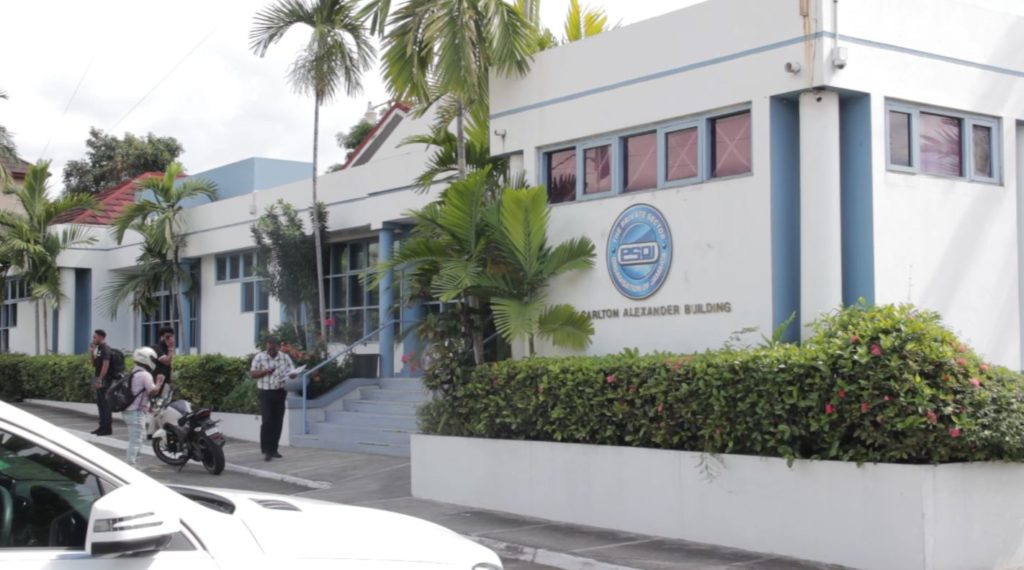
Social Programmes and Legislation
While we accept the SOPEs as an interim measure, we are absolutely clear that if Jamaica Social Programmes and Education which we have spent over $1.3 trillion in the last decade had the desired impact there would be no need for SOPEs.
Legislation
The legislative framework must be comprehensively updated for the crime epidemic that Jamaica currently faces.
The critical legislative views and drafting that remain outstanding are as follows:
1. The Firearms Act
2. The Bail Act
3. Unexplained Wealth
4. The Road Traffic Regulations
5. Amendments to the Dangerous Drug Act
6. Amendments to the Corrections Act
The above legislations will ensure that consequences for lawlessness are in place and will present a significant deterrence to crime.
Prioritisation Required
We implore the GOJ and all stakeholders to prioritise the mentioned legislations and social transformation. It is strongly believed that these actions will go to the root of our violent crime problem and should lead to a sustainable reduction in shooting and homicide levels.”
READ MORE:
- ‘Time’s up, get it together’: Opposition defends stance after SOE extension bid crumbles in Senate
- ‘Absent but vocal’: Peter Bunting slams ‘red herring’ as Gov’t fumes over scrapped SOEs



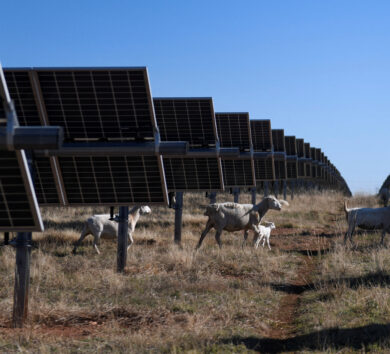
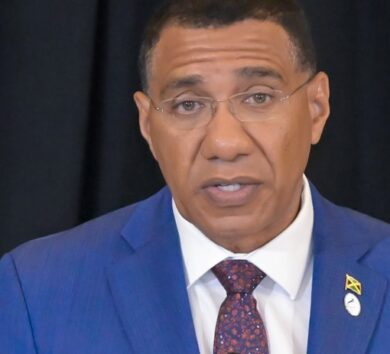
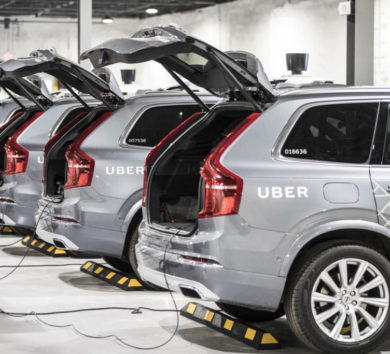
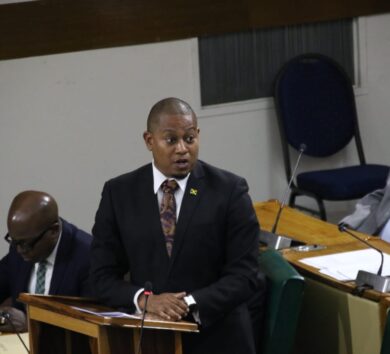
Comments